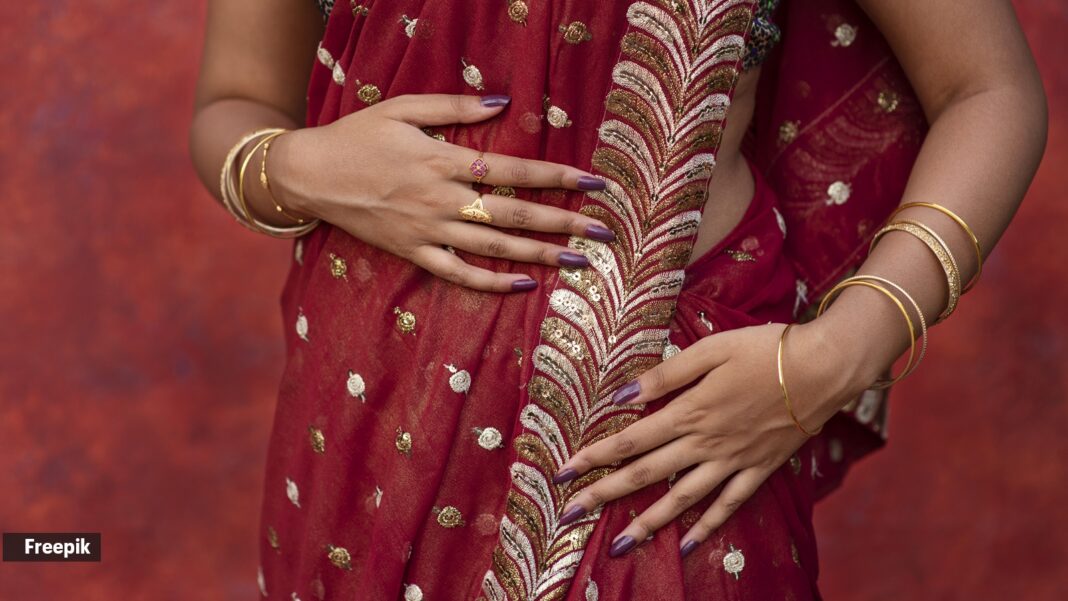Doctors are cautioning against the risks of tightly tied waist cords on petticoats, traditionally worn under sarees as these have been linked to a form of skin cancer called ‘petticoat cancer.’ Published in the BMJ Case Reports, the findings highlight how prolonged pressure and friction from these cords can cause skin inflammation and even lead to cancer in severe cases. This condition is also known as ‘saree cancer,’ is specifically associated with the tightness of the waist cord rather than the saree itself.
Case Studies Illustrate Risks:
The first reported case involved a 70-year-old woman with a painful, non-healing ulcer on her right side which she had suffered from for 18 months. Despite her initial disregard of the skin irritation, a biopsy confirmed it as a Marjolin ulcer a form of squamous cell carcinoma. Similarly another woman in her late 60s was diagnosed with the same type of ulcer which had already spread to her lymph nodes after two years of persistent skin issues. Both women had worn sarees tied tightly for decades leading to continuous pressure on their skin.
Chronic Friction and Inflammation Are Key Factors:
Marjolin ulcers are rare but aggressive cancers typically emerging from chronic wounds or inflamed areas including those caused by tight clothing. According to doctors, constant irritation from clothing such as tight petticoat cords can lead to skin atrophy and ulcers that may eventually become cancerous.
Prevention Measures:
Doctors recommend wearing loose-fitting petticoats under sarees to reduce waist pressure and lessen friction on the skin. Women are encouraged to monitor chronic skin issues closely and seek medical advice if they notice non-healing sores or ulcers. These findings aim to raise awareness about the potential risks linked to traditional clothing practices and the importance of prompt medical consultation.
Patient Perspective:
A 70-year-old woman affected by this condition shared her experience noting, “I wore a tightly wrapped Nauvari saree for most of my life. Over time, a small depigmented spot on my skin became a painful ulcer. I urge other women to seek help if they notice persistent skin issues.”




